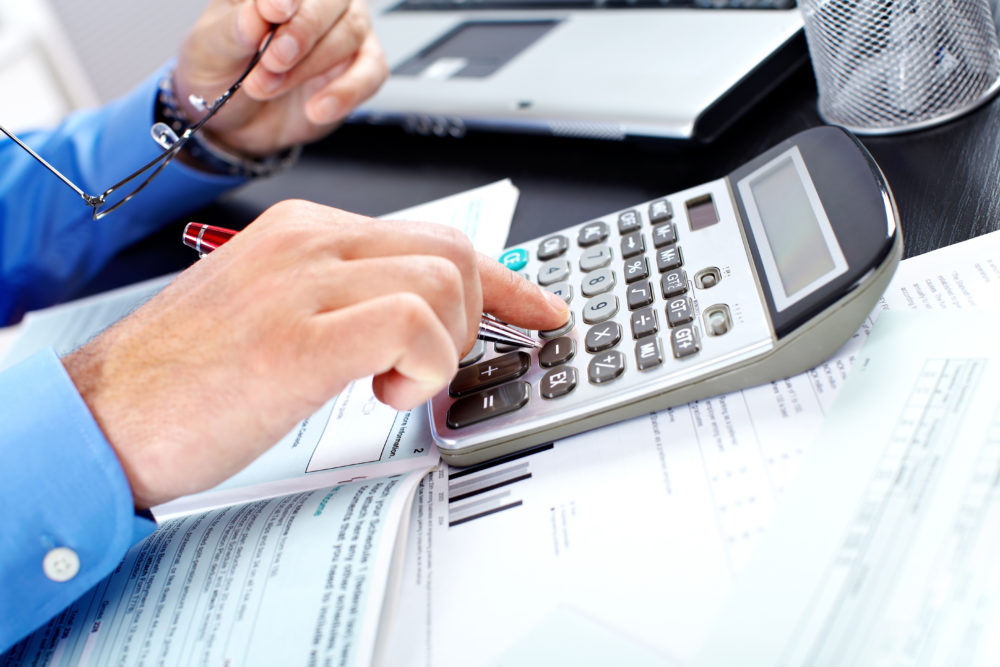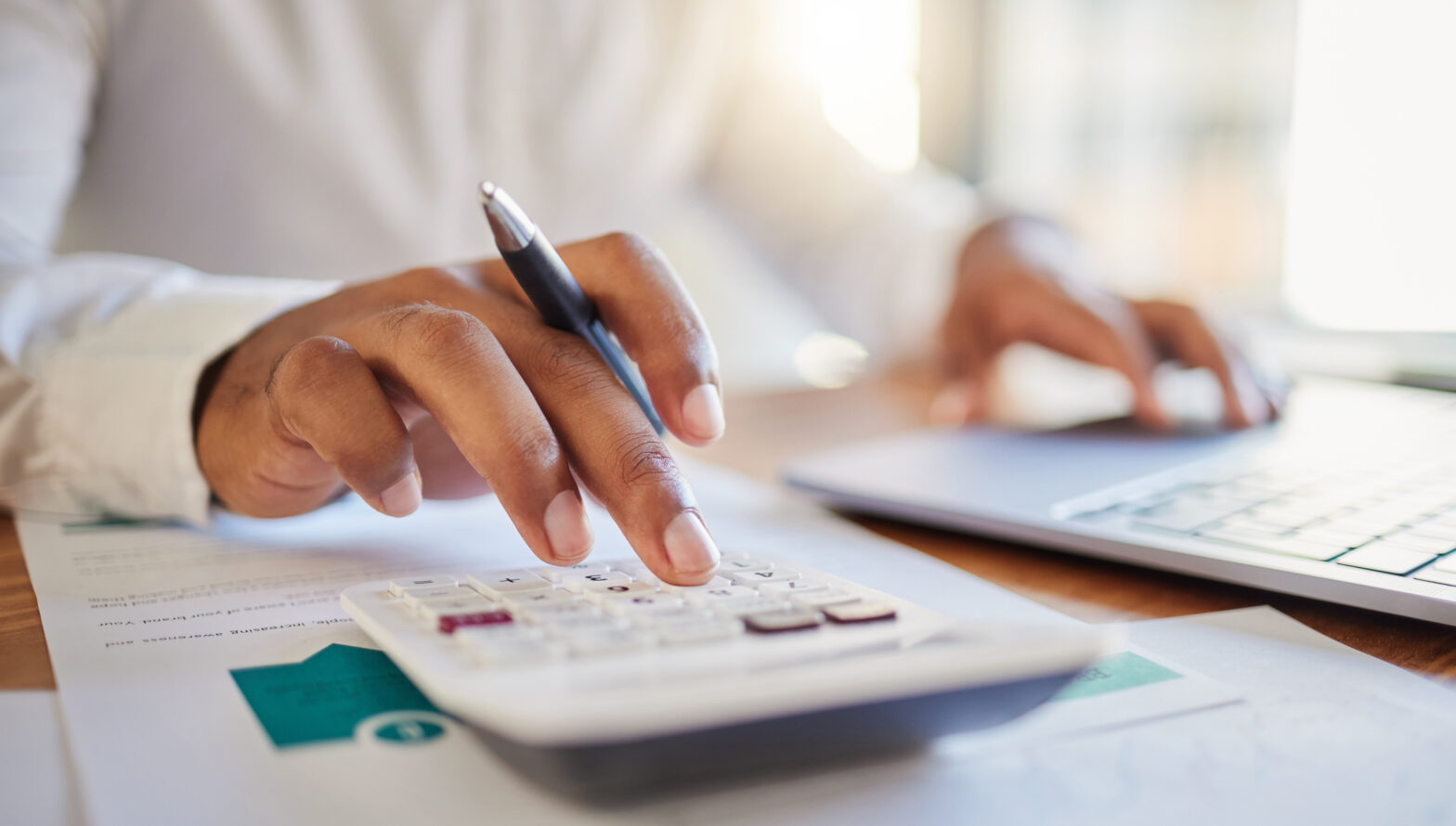An accountant can prove to be a valuable adviser for your business. However, because every business is different, it can be hard to know if and when it’s right to hire an accountant, especially if you are new to running your own business. Ask yourself these questions to give you some guidance.
Should I talk to an accountant before I start my business?
Before you even set up your business, talking to an accountant might be a good idea. An accountant could help you draw up a business plan, help you decide on the best structure for your business, for example as a sole trader or a limited company, give you advice on opening a business bank account, and also help you make sure that your accounting processes comply with government requirements.
AAT has conducted some research which shows that one in five small business owners (20 per cent) find that they struggle most with their finances when they first started their business, so getting advice early from an accountant could save you a lot of stress.
Do I need an accountant or would a bookkeeper be better?
Whether you need to hire an accountant will depend on how much money you have flowing through your business. If your business is still small and growing, you may want to consider whether hiring a bookkeeper would be a better move. Up to a certain level of turnover, a licenced bookkeeper will able to carry out general accounting duties such as looking after your business’ books, your payroll, and retaining your receipts and transaction documents, for a smaller cost than an accountant.
Are my records in a good condition?
Accountants and bookkeepers need to be able to understand your records. So, it’s important that you make it as easy as possible for them by keeping your records and receipts in good condition. If you can, keep records in a logical order, and keep them all together so that when it comes to taking them to your accountant or bookkeeper, you know where everything is. There is even software such as Quickbooks and Xero you could use to help with this. Ask your accountant or bookkeeper if there is a specific piece of software they would recommend to suit your individual business needs.
Keeping good records can help lower how much you pay for your accountant; if yours are really untidy your accountant is going to have to take more time to get them in a readable order, pushing up their hourly fees.
How much help do I actually need?
Do you feel confident doing things such as accounts or tax returns yourself? Trying to look after your own finances could seem to be cheaper in the short term, but in the long term could lead to miscalculations and fines. You should also question whether keeping your business finances in order personally is a good use of time that might be better spent running your business, or indeed you may consider getting one of your staff trained up and qualified to help with the finance side of things.
At the very least, you may find yourself in a position where you wish to get an accountant or bookkeeper to check over your work, for example when filing returns. There are many online tools which can help you find the advice you need in your local area.
Turning the tables…what accountants may ask you
It is also important for accountants and bookkeepers themselves to conduct a fact-finding mission into the small businesses that they are looking to engage with. Small business owners should prepare themselves for the following questions to be asked:
What is your business’ current structure?
Depending on whether the business has been set up as a sole trader, partnership or limited company, there is the potential for various tax and national insurance savings to be had. Equally there could be drawbacks associated with limited companies in terms of control and other administrative burdens. Accountants and bookkeepers may want to know what structure they are dealing with before checking your figures.
Are your books up to date?
If you have not seen an accountant or bookkeeper for months or indeed never met with one before, your books may be out of date. Letting the professional know about this means they will be in a position to recommend how many extra hours may be needed to spend working through the books, and therefore the likely overall fee.
Do you have a rough idea of how your business is performing?
You might be asked if you’ve been tracking your business’ performance since setting it up. This information will give the accountant or bookkeeper a good idea of how your business has been doing, whether there is anything you have been struggling with, and how you want to progress in the future; enabling them to help feed in to your overall business plans.
What method do you use to pay your business’ bills?
Do you mainly pay by cheque, bank transfer, cash, or some other method? Finding this out will help the accountant learn how you keep your records, and what kind of receipts they might want to take a look at first. It can also lead to a discussion about what records you will need to keep, how much you can do yourself to look after these requirements and how much help the accountant or bookkeeper can provide. They can also discuss how to safely store records, and how long they need to be kept for under law.
Association of Accounting Technicians (AAT) is a qualification and professional body for vocational accountants.





